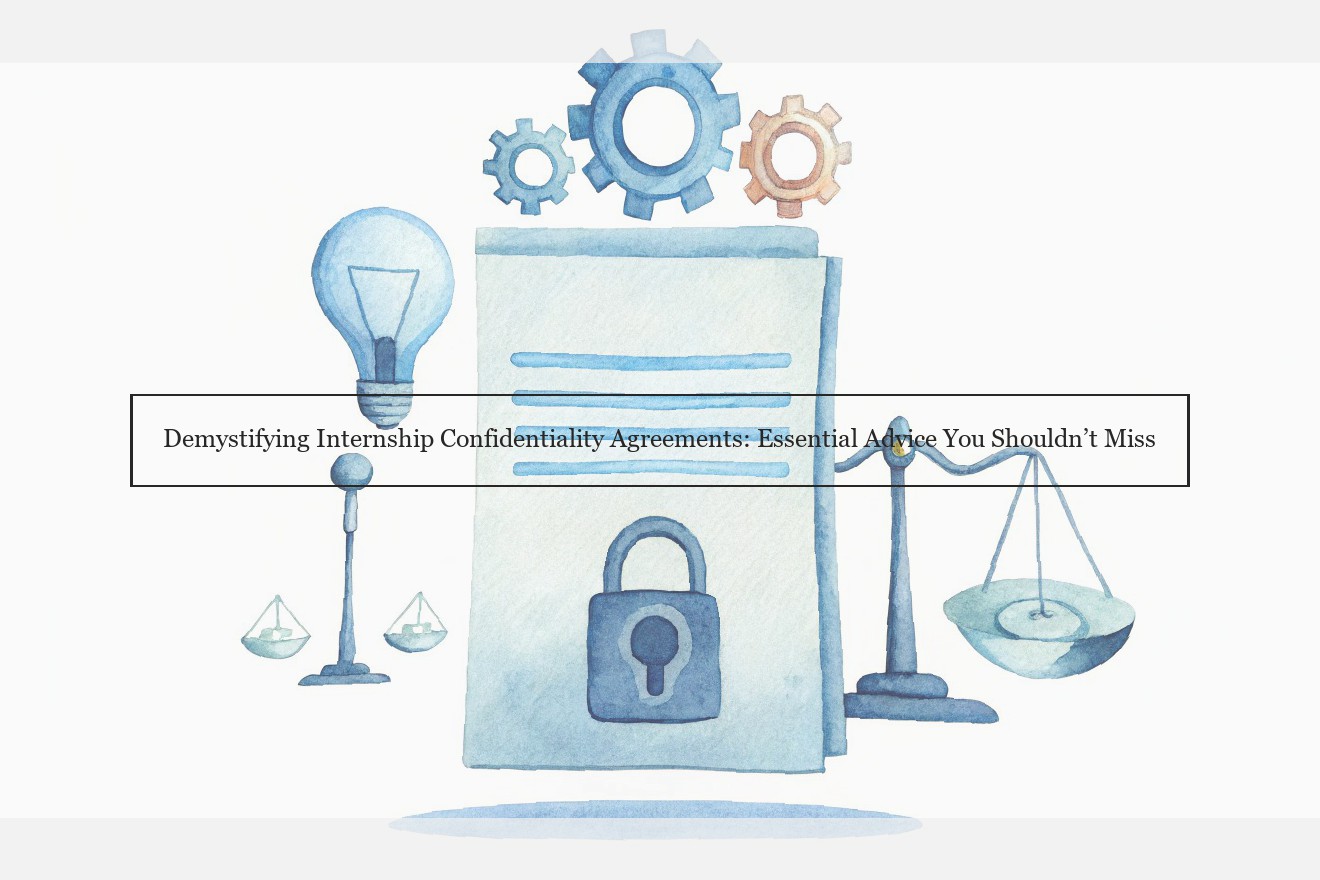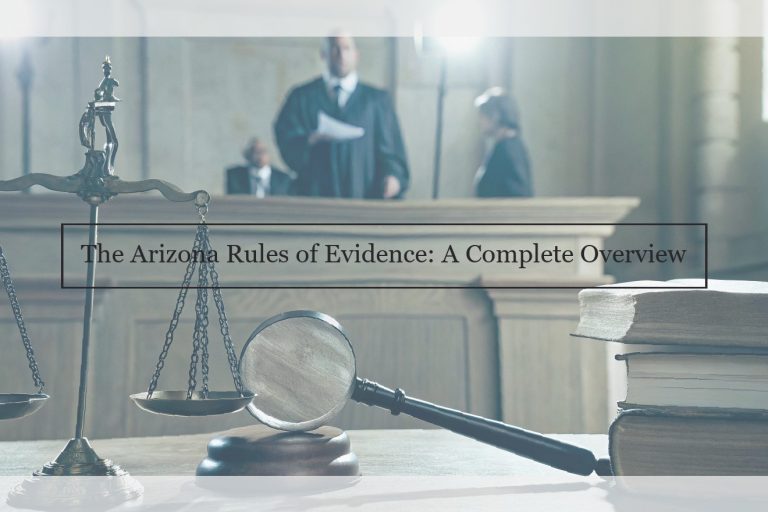Defining an Internship Confidentiality Agreement
An internship confidentiality agreement serves both the company and its intern. Such an agreement includes various clauses that serve to define the responsibilities of the intern, as well as the rights and obligations of the company regarding the sharing of information with the intern. The agreement allows the company to establish policies about how its confidential information is to be handled, including not copying or storing certain documents , and not disclosing certain information.
The professional experience will allow the intern to gain practical knowledge and experience in the field; a confidentiality agreement prevents any accidental disclosure of information during the course of the internship. Certain clauses within the agreement may also set out the conditions under which certain information should or can be provided to the intern, or will establish a process by which the confidentiality of the information is protected.
Internship confidentiality agreements will generally include what information the intern is supposed to keep confidential, under what circumstances that confidential information can be shared and who it can be shared with, and various consequences if the intern breaches the agreement.
Core Elements of a Confidentiality Agreement
Confidentiality agreements often mirror some elements of an employment contract, giving rise to the same substantive issues. As a general rule, they are used to communicate to a prospective employee what information will be confidential, which in turn, imposes an obligation on him or her to keep that information confidential. Some of the common components of a confidentiality agreement include the following: Non-disclosure Obligation: The employee agrees that he or she will not use or exploit the employer’s confidential information for any purpose, and that the confidential information will not be deemed to fall within the scope of any authority conferred upon the employee. Although terms such as "for any purpose" are often included, it may be worth narrowing the scope to prohibit some use, for example: Duration of Confidentiality: Confidentiality agreements will also contain a term expressing the duration of time, per the employer’s requirements and expectations, during which the confidential information must be kept confidential. This is a measure to further ensure an employer’s protection of confidential information, particularly trade secrets, which are afforded extended protection by law. Exceptions: Often, there are one or more circumstances in which the obligation of confidentiality will not apply. The circumstances will vary according to an employer’s needs, but some examples include disclosure (i) to a governmental authority, or by operation of law; (ii) to an employee of the employer; (iii) with the prior consent of the employer; (iv) where the information is no longer confidential as a matter of law; (v) where the information becomes publicly known through no breach of obligation by the employee; and/or (vi) in the event of the employee’s termination of employment.
How Interns Benefit from Signing Confidentiality Agreements
The use of confidentiality agreements isn’t really about the intern themselves, though they are commonly known as internship confidentiality agreements, but it is about protecting the company’s trade secrets and otherwise confidential information from those who might act inappropriately with that information.
When a company hires an intern, it hires them under a basic assumption and business reliance that the person will protect the company’s important information. Sometimes, in fact oftentimes, interns have access to privileged information at the company full time employees do not. Though the intern is only there for a short period, the information can stick around for years if they choose to improperly use or disclose it.
A properly worded agreement lets the intern know that the company considers the information confidential, so they can’t play dumb and argue that they didn’t know it was important or classified in some way. An intern confidentiality agreement also protects the company from itself – while it mostly runs the risk of disclosing confidential information, it also may run the risk of not taking steps to ensure protection of those secrets.
The agreement provides not just a window into what the company considers a secret, but also lets the company and the intern outline what are the permitted uses of the confidential information. What does that mean? Well, generally speaking, an intern is hired to help the company or finish up a particular project. While the intern may not be expected to have a lot of knowledge about the company, product, or team, he or she will be expected to follow company policy like any other employee, and will be expected to bring some value.
If the intern is working in an R&D lab, it is understood that the intern is likely going to learn a lot about the company’s products guidance and direction, and maybe even help make changes that affect future versions of those products. However, if the intern works in the company’s marketing department, then their ideas about product direction may not be considered confidential. The agreement can create not just a requirement of confidentiality, but also the ability for the company to say that functionalities and future directions are not something the intern is permitted to disclose to third parties.
The Legal Consequences of Breaking Confidentiality
A violation of a confidentiality agreement may also be deemed a breach of fiduciary duty, a breach of an employment contract, or a violation of various federal, state, and local laws. There are a number of actions that can lead to a breach of an internship confidentiality agreement, any one of which might expose the intern to legal ramifications.
For example, an intern who shares confidential information with a competitor of the employer may be found to have violated confidentiality agreements, confidentiality policies, and/or nondisclosure agreements depending on what details were discussed and the actions taken by the employer. An intern may violate an applicable confidentiality agreement by, for example:
The potential penalties for violation of confidentiality requirements can be severe and far-reaching. Consequently, it is vital that interns are made aware of the extent to which confidential information must be protected.
How to Draft a Balanced and Effective Internship Agreement
Effective agreements should cover several key areas, including the definition of confidential information, the intern’s obligations, the company’s obligations, and the consequences of violations. When drafting, it is also critical to avoid overly broad clauses that could be construed as infringing on the intern’s ability to work for past or prospective employers, as we recently reported in "Employers Reminded: Noncompetes and Trade Secrets Cannot Be Used to Limit Employee’s Freedom to Work."
To gain maximum value from an agreement, confidentiality agreements should include the following traits:
- Identify the information considered confidential. This can be done by simply describing the type of information that the company wants to be kept confidential. For example, "all client lists and financial results." However, it could also be helpful to provide specific examples of what is and is not considered confidential (for example, if an intern is expected to sign a nondisclosure agreement as a condition of employment at a later date). Also note, while the agreement should be catered to the company, if any materials the intern receives are to be returned at the end of the internship, consider including a list of documents at the end of the agreement that will be returned (e.g., files, spreadsheet, or marketing materials). While this is typically done in a return of property agreement, identifying what must be returned will help to ensure that the intern completes the return of property in full.
- Provide a broad definition of "confidential information" that includes oral disclosures . Confidential agreements often have a "standard" definition of confidential information that is satisfactory. However, that definition is generally limited to written materials. When creating an agreement with interns, it is a good idea to ensure that the definition explicitly defines confidential information as both written and oral (e.g., "any information or material, including oral or written proprietary information, which relates to the business or products of the Company").
- Provide limits on used and disclosure. Confidentiality agreements typically provide limits on when a former employee can use and when/if they can disclose the information. It is a good idea to include these provisions in an internship agreement as well, including a statement that disclosing confidential information violates the agreement. If the information is going to be shared with other employees, it may be good to specify what can and cannot be disclosed, as otherwise, the intern may disclose information not intended to be shared with another employee.
- Describe how the agreement can be terminated. Interns often come on board for a semester or for a summer; however, an internship can end for other reasons, like deciding the current position isn’t the right fit. As a result, it is important for all parties in an internship to understand how an internship can be terminated, as well as when a confidentiality provision protects information after the termination of an internship (e.g., upon termination). Although this is typically done in a regular employment agreement, including termination provision(s) in an internship agreement as well is a good practice.
Top Mistakes to Avoid and Tips to Stay on Course
One of the most common mistakes that companies and interns make with internship confidentiality agreements is failing to address boundary issues from the start. How long do the obligations last? What happens to the confidential information once the internship is over? That confusion, of course, flows mainly from the fact that even though interns may have obligations to keep information confidential, we should be careful not to treat them as full-fledged employees for HIPAA and other purposes that would justify preventing them from seeking employment after the internship. Even in private conversations, we must be careful to fully explain the content and purpose of the confidentiality provisions. You may know what "confidential" means, but they may need to be taught how that applies to your industry. The same goes for defining "terms of use" or other technical terms that may come up as a result of the confidentiality requirements. We also need to be very clear about what types of information are considered confidential, so interns can be careful to avoid stepping on legal landmines set by fiends, relatives and other people not subject to confidentiality agreements.
You also must be very clear that interns must not share, discuss or otherwise disseminate confidential information in any way, shape or form, unless specifically permitted by the company. Do not assume that interns will know that they can’t talk about confidential information on the subway or at home. Contrary to popular belief, those restrictions are not intuitively obvious. Other common mistakes include:
• 1) not properly defining the scope of confidential information
• 2) not properly defining the remaining obligations under the confidentiality/terms of service agreement (e.g., non-disclosure/non-competition/non-solicitation).
• 3) failing to limit the duration of those obligations to a reasonable period of time, given the nature of the internship and types of confidential information at issue.
• 4) not clarifying whether certain activities would be permitted after the internship concludes.
• 5) failing to make sure that the intern has sufficient opportunity to ask questions about the agreement.
In sum, make sure that interns and companies are on the same page when it comes to confidentiality agreements for internships. Be clear and concise in your explanation. Career development programs should find that their handbook language is at least compliant with privacy protections.
Where to Find More Information
Associates and interns should have a thorough understanding of confidentiality agreements in the workplace. The following resources may be helpful to anyone with interest in learning more about the details and limits of the confidentiality agreement, its enforceability and implementation.
Sample Confidentiality/Non-Disclosure Agreement: Nolo
A perfect resource for both employers and employees, this page explains what a confidentiality agreement is, what gets covered under it, how it can help you, and the limits of its enforceability.
California Department of Industrial Relations – Non-Disclosure Agreements
This page discusses the legal guidelines surrounding non-disclosure agreements, their legality, and provides examples of items covered under such agreements .
Department of Homeland Security – Non-Disclosure Agreements
This page by the Department of Homeland Security provides links to three specific documents that pertain to non-disclosure agreements. These documents are:
NYU Career Services – Internship Confidentiality Policies and Agreements: Internships and the Law
This page provides a broad overview of what should normally be covered in a confidentiality agreement, specifically from a student’s perspective. It also provides links to two specific sample agreements.
American Bar Association – What to Know before Signing a Non-Disclosure Agreement
This article covers the three types of NDAs used in businesses, the legality behind them, when they can be enforced and some legal advice on how to choose whether or not to sign one. It also contains useful links to related articles.




+ There are no comments
Add yours